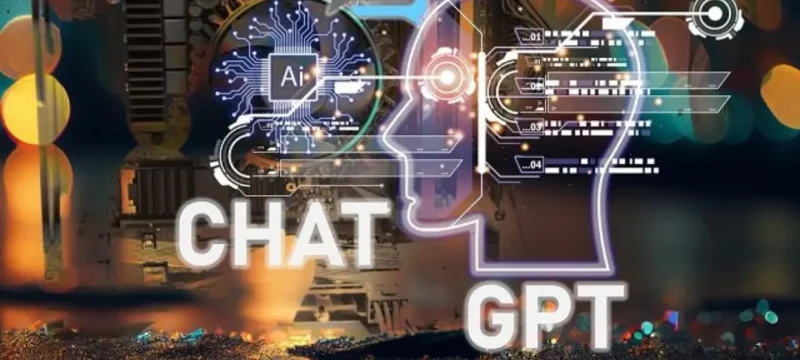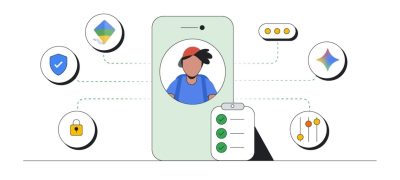The increasing integration of technology, particularly Artificial Intelligence (AI) tools like ChatGPT, into various aspects of life brings both opportunities and challenges. Experts emphasize the need for comprehensive rules and guidelines to address the potential misuse of AI tools like ChatGPT, particularly in educational settings.
While AI tools like ChatGPT have the potential to enhance learning and productivity, there are concerns about their misuse, especially in academic contexts. Instances of students using ChatGPT to bypass traditional research methods and plagiarize content for assignments highlight the importance of responsible usage.
Also Read: OpenAI unveils a text-to-video tool, as revealed by ChatGPT
To mitigate such misuse, experts advocate for updating assessment methods in educational institutions to emphasize critical thinking and personalized tasks. They stress the importance of promoting active engagement and discouraging reliance on AI for assignments. Additionally, ethical guidelines and legal frameworks are needed to govern the application of AI tools like ChatGPT, ensuring that they contribute to societal benefits without causing harm.
Furthermore, educators need to be equipped with AI literacy to effectively monitor and guide students in using AI tools responsibly. Collaboration among stakeholders, including the government, technology experts, educators, and the public, is essential to develop clear guidelines that prioritize ethical use, data privacy, and equitable access to AI tools.
Despite these challenges, AI tools like ChatGPT also present opportunities to foster creativity and innovation. By serving as collaborative tools that encourage exploration, critical analysis, and the pursuit of unique ideas, AI tools can help develop innovative thinking skills among learners.
In summary, while AI tools like ChatGPT hold immense potential to revolutionize various fields, including education, their responsible use requires careful consideration of ethical, legal, and societal implications. Collaboration among stakeholders and the development of clear guidelines are crucial to harnessing the benefits of AI while mitigating potential risks.









